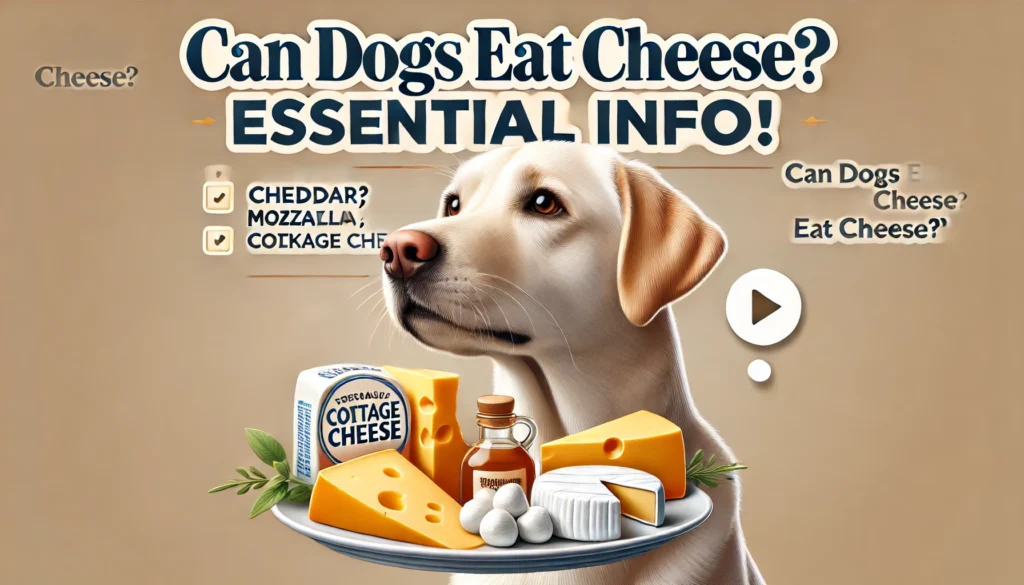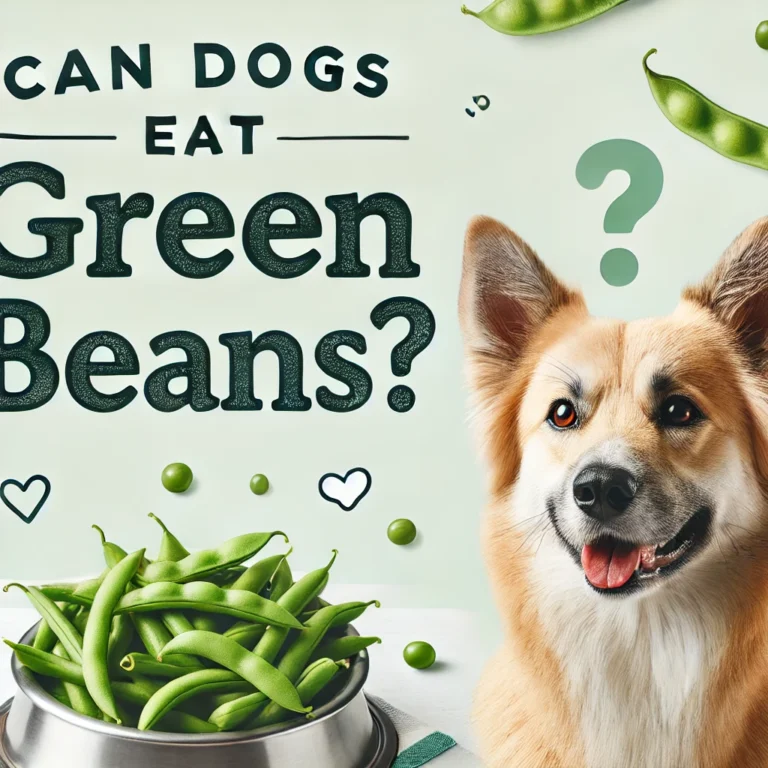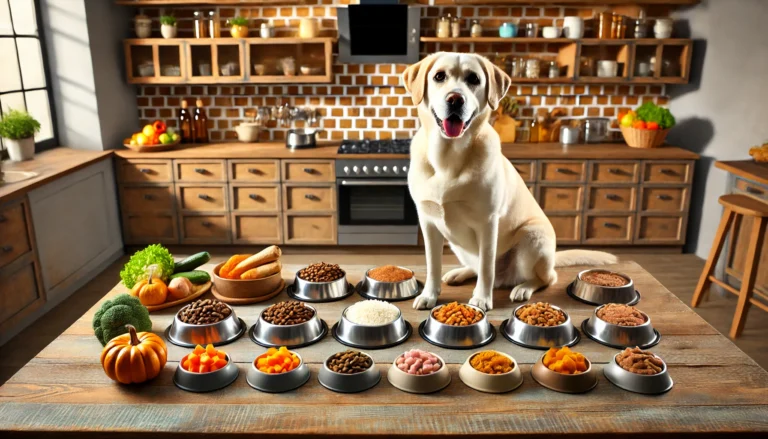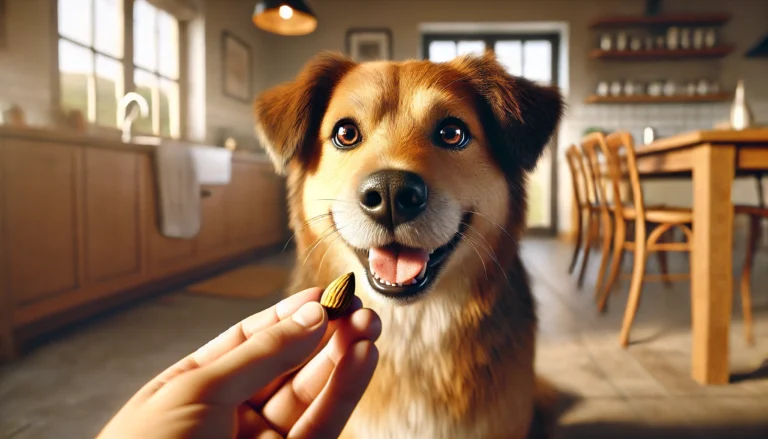can dogs eat cheese? The great things to know about

Introduction can dogs Eat cheese?
Cheese, a beloved treat for many, often finds its way from our plates to our pets. But the question remains: Can dogs eat cheese? This query isn’t just about whether dogs will readily gobble up this dairy product—they certainly will—but whether they should. With an array of cheese types, from mozzarella to cheddar and cottage cheese, it’s crucial to understand the nuances of how cheese affects a dog’s health and if certain cheeses are better than others.

What is Cheese?
Cheese is the product of curdling milk, typically from cows, goats, sheep, or buffalo, which is then aged to achieve various flavors and textures. The creation of cheese can lead to a diverse product range, including hard cheeses like parmesan, soft cheeses like ricotta, and everything in between. For our canine friends, understanding which types of cheese, if any, are safe, is essential. From ‘can dogs eat mozzarella cheese’ to ‘is cottage cheese good for dogs,’ each variety offers different risks and benefits.
Nutritional Value of Cheese
Cheese is a significant source of calcium and protein but also brings a hefty amount of fats and potentially troublesome lactose. While low-lactose cheeses like Swiss and cheddar might be easier on your dog’s stomach, richer options like blue cheese or cream cheese can pose digestive challenges. Nutritional moderation is key, and answering ‘how much cheese is too much cheese for dogs?’ depends on your pet’s specific dietary needs and restrictions.
Can Dogs Eat Cheese?
Yes, dogs can eat cheese, but it should be considered a treat rather than a dietary staple. The occasional small piece of cheese can be a great training tool, making commands like ‘sit’ and ‘stay’ more engaging. However, pet owners should be cautious about the type of cheese and the amount being fed. High-fat cheeses can lead to weight gain and other health issues, such as pancreatitis, particularly in breeds predisposed to such conditions.
Cheese and Dog Health
While cheese can be a good source of protein and calcium, the high fat and salt content in many cheeses can be harmful. Low-fat cheeses, like cottage cheese or mozzarella, can be better choices for a canine diet. Yet, even these should be given sparingly to avoid any issues from the residual lactose or fat content.
Safe Practices for Feeding Cheese to Dogs
To safely incorporate cheese into your dog’s diet, start with small amounts. Opt for plain, low-fat varieties such as cottage cheese or mozzarella rather than rich or heavily processed cheeses. Monitor your dog for any signs of lactose intolerance or digestive upset, and always consult with a veterinarian if you’re unsure about the best type of cheese for your dog’s health needs.
Expert Opinions
Veterinarians generally agree that cheese can be a healthy treat if given in moderation and if the dog is not lactose intolerant or allergic. However, as with any dietary addition, it’s best to introduce cheese gradually and under supervision.
Alternatives to Cheese
If cheese proves problematic for your dog or if you’re looking for lower-fat, lower-lactose options, other treats such as specially formulated dog treats or vegetables like carrots and cucumbers can be healthy alternatives. These can provide the nutritional benefits without the risks associated with dairy.
Conclusion of can dogs eat cheese
While dogs can eat cheese, it’s not necessary for their diet and should be treated as an occasional indulgence rather than a regular component. Choosing the right type of cheese and quantity is crucial to avoid health problems. As always, when in doubt, consult your vet to make informed, safe dietary choices for your furry friend.
Do you know?
when you thinking Why Is My Dog Peeing a Lot? Treatment for diabetes in dogs typically involves insulin injections and a special diet.
FAQs on can dogs eat cheese
In this section, address the most common queries pet owners have about feeding cheese to their dogs, such as:
Is it safe for dogs to eat cheese?
Yes, it’s generally safe for dogs to eat cheese in small quantities. However, it’s important to choose low-lactose, low-fat cheeses and avoid those with additives or high salt content. Monitor your dog for any signs of digestive distress.
What happens if my dog eats a cheese it?
Eating a small amount of cheese typically won’t harm your dog, but it depends on the type and amount. Watch for any signs of lactose intolerance or allergic reactions, especially if your dog consumed cheese with potentially harmful additives like garlic or chives.
What type of cheese is best for dogs?
The best cheeses for dogs are those that are low in fat and salt, such as mozzarella and cottage cheese. These cheeses are easier on a dog’s digestive system and lower in lactose compared to richer varieties.
Why do dogs love cheese so much?
Dogs love cheese primarily because of its rich, savory flavor and creamy texture. Cheese is also a high-fat food, making it very appealing to dogs, much like it is to humans.
Can dogs have cheese?
Yes, dogs can have cheese, but it should be given as a treat and not as a regular part of their diet. Portion control is important to avoid obesity and digestive issues.
Is cheese bad for dogs?
Cheese isn’t inherently bad for dogs, but it should be given in moderation. High-fat, high-salt, or artificially flavored cheeses can be unhealthy and potentially dangerous.
Can dogs have cottage cheese?
Yes, cottage cheese can be a good option for dogs because it is typically lower in fat and lactose than other cheeses, making it easier for them to digest.
Can dogs eat cottage cheese?
Absolutely, dogs can eat cottage cheese in moderation. Its high protein and low-fat content make it a suitable occasional treat for dogs.
Can dogs eat pasta?
Dogs can eat plain pasta in moderation, but it offers little nutritional benefit to them. Ensure it is cooked and unsalted before feeding it to your dog.
Can dogs eat mac and cheese?
It’s best to avoid feeding mac and cheese to dogs. It often contains ingredients that can be harmful to dogs, such as milk, butter, and artificial preservatives.
Can dogs eat cream cheese?
Dogs can eat plain cream cheese in very small amounts, but its high-fat content can lead to obesity and gastrointestinal upset if consumed in excess.
Is cheese good for dogs?
Cheese can be a good treat for training purposes and can provide some nutritional benefits, such as protein and calcium, but it should be given in moderation.
Can dogs have cream cheese?
While dogs can have a little bit of plain cream cheese occasionally, it’s generally not recommended due to its high fat and dairy content, which can lead to stomach upset.
Is cottage cheese good for dogs?
Yes, cottage cheese is often recommended for dogs due to its low fat and lower lactose content, making it one of the safer cheese options for occasional feeding.
Can dogs eat mozzarella cheese?
Yes, dogs can eat mozzarella cheese. It’s a softer cheese with lower salt content, making it one of the safer choices for dogs when given in small amounts.
Can dogs have mozzarella cheese?
Mozzarella cheese is okay for dogs in moderation. Its lower lactose content compared to other cheeses makes it a decent choice for an occasional treat.






